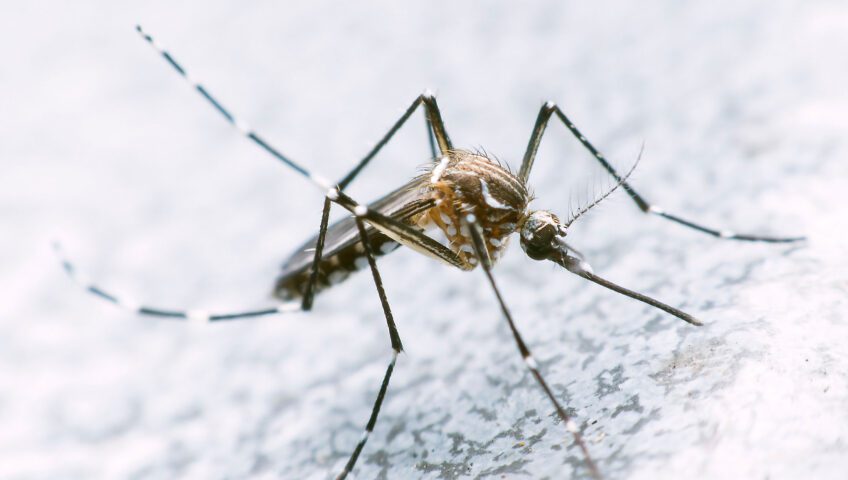In the lush landscapes of Brevard County, Fla., we’ve seen an abundance of rainfall during the past few months. While this may bring about a renewed sense of life to the surroundings, it also sets the stage for an unwelcome consequence – a surge in the mosquito population. Pools of standing water have formed everywhere, providing the perfect breeding ground for mosquito larvae. Within a span of four to 14 days, these larvae undergo a remarkable transformation, emerging as fully-fledged adults, ready to take wing and invade our spaces.
Mostly a nuisance
It’s no secret that heavy, sustained rainfall often leads to an upswing in mosquito numbers. However, the good news is that these mosquitoes are primarily of the nuisance variety rather than disease carriers. Nevertheless, their presence can still be vexing, particularly when they sneak into our homes and fill the night with their incessant buzzing.
Get rid of standing water
There are a number of effective measures to combat this flying pest. One crucial step is to eliminate as much standing water on our properties as possible. Identifying and addressing items that can become breeding grounds for floodwater mosquitoes is paramount. Monitor and drain sagging tarps, tires, dog dishes and any other objects capable of collecting water. That includes bird baths, which must be cleaned and scrubbed regularly to remove any lingering eggs. Consider equipping outdoor containers like trash and recycling bins with drainage holes to prevent water accumulation.
If you’re a pool owner, maintaining proper chlorination is vital to thwart the proliferation of mosquito larvae. In some cases, shocking the pool may be necessary to eliminate them entirely. The effort required to implement these preventive measures is small in comparison to the benefits of averting a full-scale mosquito invasion.
The dangerous side of mosquitoes
It’s important to note that while the current mosquito surge primarily consists of nuisance mosquitoes, these insects have been known to carry various diseases. Mosquitoes are infamous carriers of malaria, dengue fever, Zika virus and West Nile virus. Therefore, even though the current influx may not pose an immediate health risk, it is crucial to remain vigilant and stay informed about the potential for mosquito-borne diseases.
For more information:
https://www.epa.gov/mosquitocontrol/mosquito-life-cycle
https://www.cdc.gov/mosquitoes/mosquito-control/athome/outside-your-home/index.html
https://waterpurificationguide.com/how-to-kill-mosquitoes-and-their-larvae-in-pool-water/
https://www.floridahealth.gov/diseases-and-conditions/malaria/index.html
